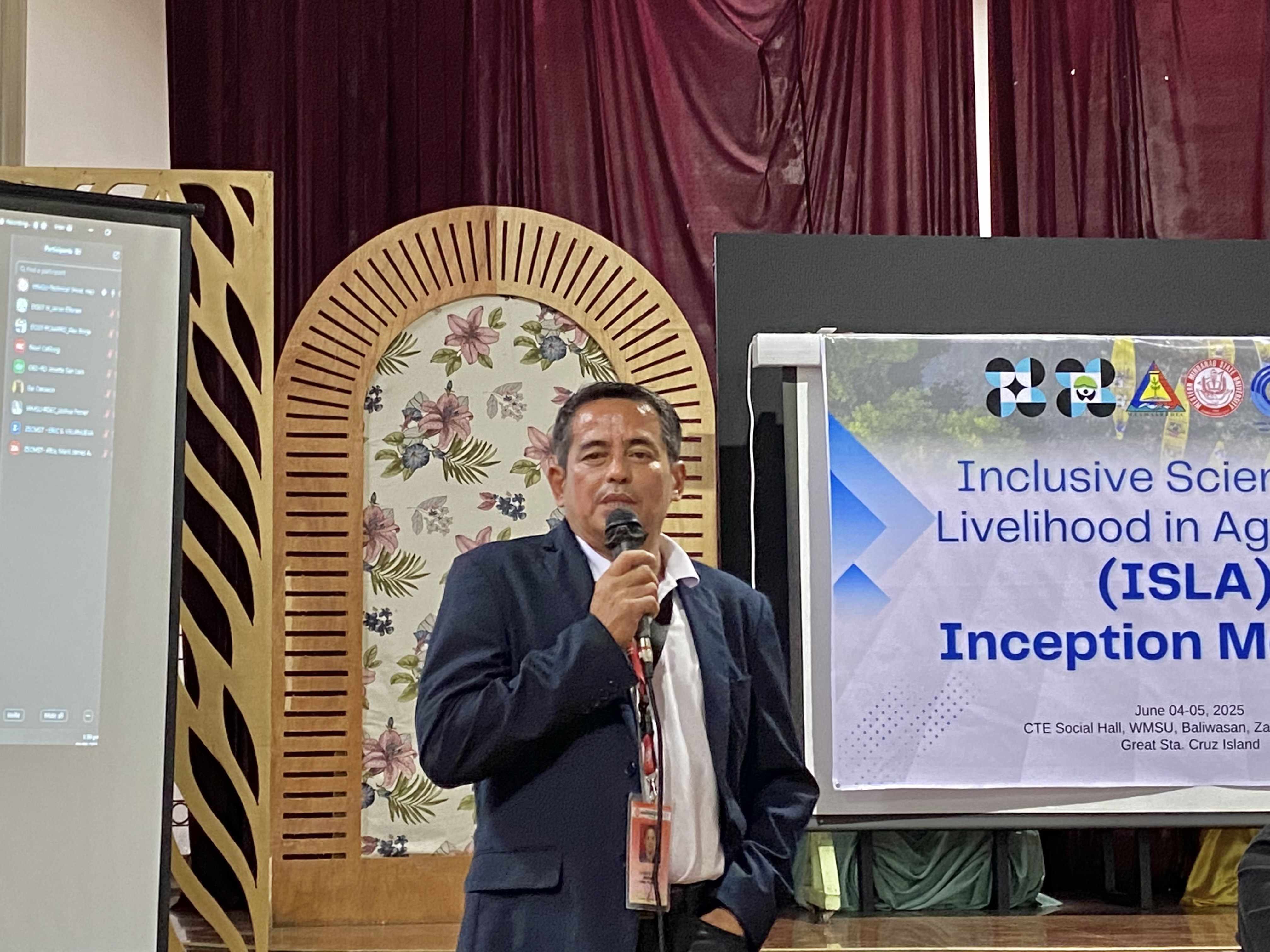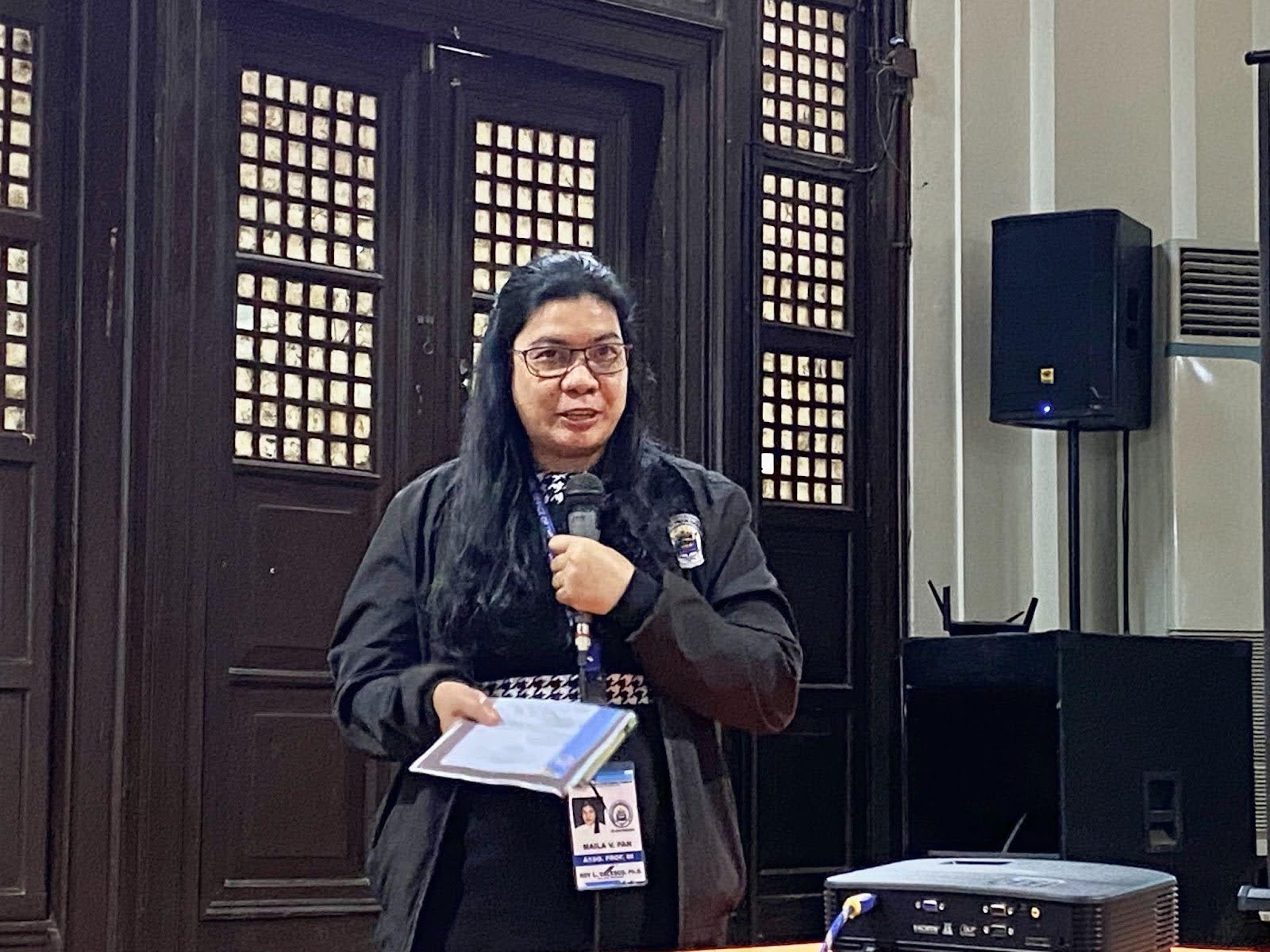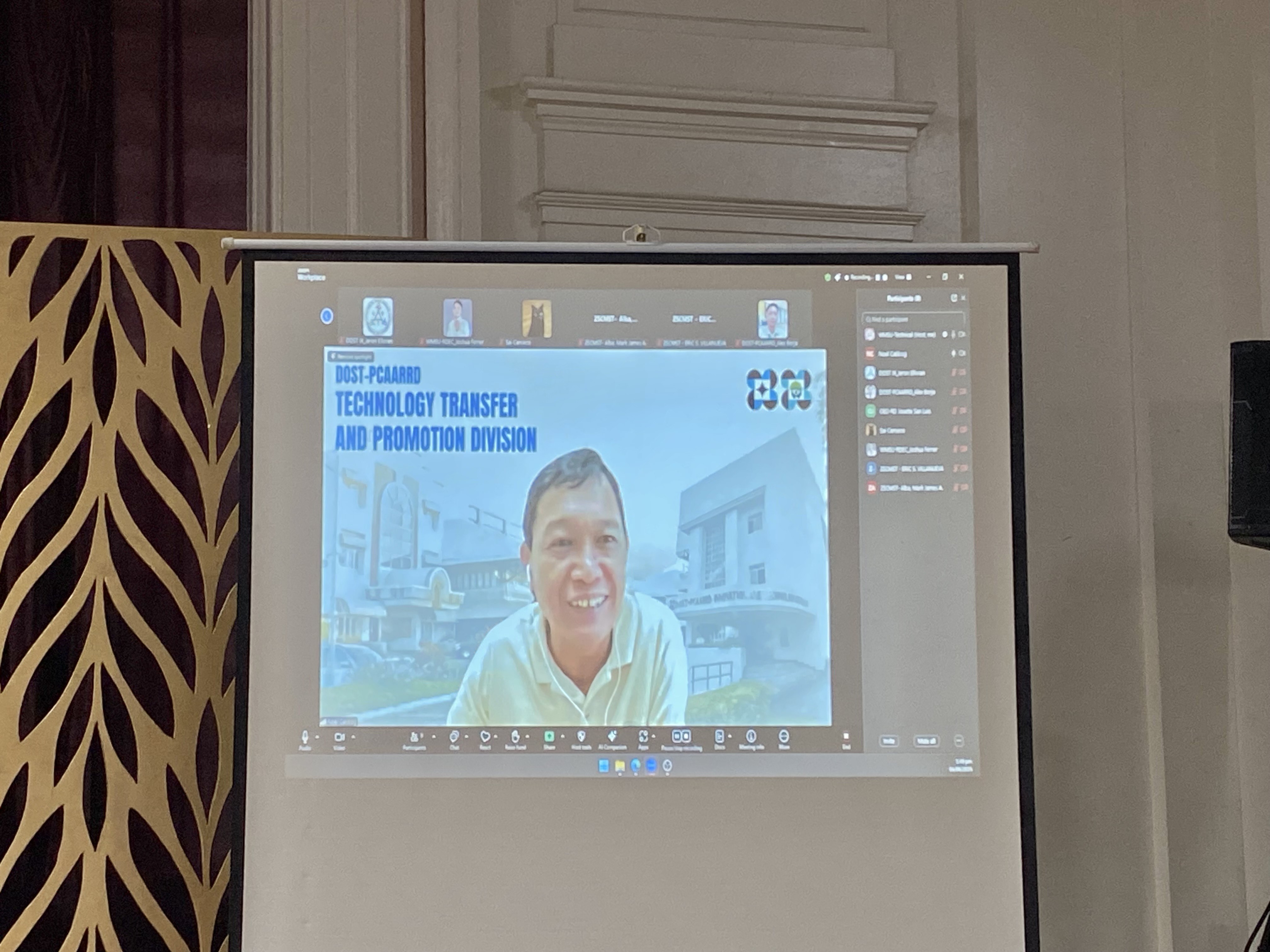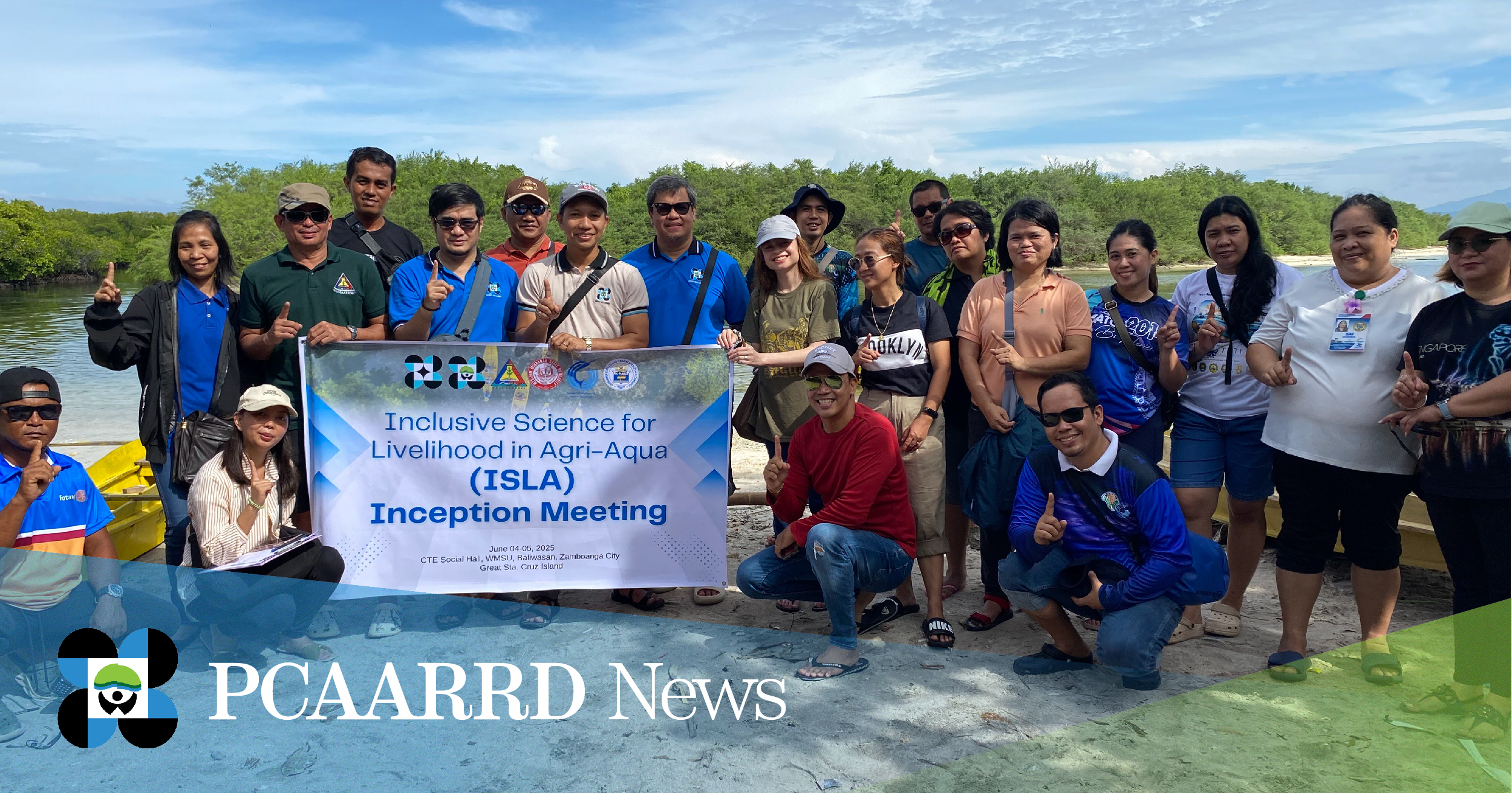Western Mindanao is gearing up small island communities, supported by science and technology institutions, in the inception of the project, “Inclusive Science for Livelihood in Agri-Aqua (ISLA) in Small Islands Enhancing Livelihood through Science and Technology (S&T) in the Great Santa Cruz Island, Zamboanga City, Philippines.” ISLA aims to provide S&T interventions to boost economic growth and make resource management more inclusive.
On June 4, 2025, the Philippine Council for Agriculture, Aquatic and Natural Resources Research and Development of the Department of Science and Technology (DOST-PCAARRD), in collaboration with the Western Mindanao State University (WMSU), led the program’s inception at the WMSU Baliwasan, Zamboanga City.

Dr. Leonilo B. Abella, Director of the Western Mindanao Agriculture, Aquatic and Natural Resources Research and Development Consortium (WESMAARRDEC), expressed his gratitude for the approval of the ISLA program in the Great Santa Cruz Island. He emphasized that their main goal is to capacitate the community of the island and provide livelihood opportunities through training of farmers.

Dr. Roy L. Valesco, President of the Zamboanga State College of Marine Sciences and Technology (ZSCMST), through Dr. Maila V. Pan, shared that the ISLA program in the Great Santa Cruz Island is the beginning of a purposeful journey – one that aims to uplift lives and strengthen the communities in the island.
Dir. Noel A. Catibog, Director of the PCAARRD-Technology Transfer and Promotion Division (TTPD), virtually thanked the participating agencies’ continuous efforts for the approval of the proposal. He also encouraged the program leaders to conduct a process documentation of the project cycle to serve as a guideline for the whole ISLA program.

On June 5, 2025, the delegates visited the Great Santa Cruz Island to meet with the community, led by Mr. Hairal P. Taup, President of the People’s Organization, and Ms. Sai Canseco of the Local Government tourism office.
The launch of the ISLA program in Zamboanga City is a vital start to the conservation of natural resources, health improvement, livelihood opportunities, food technology production, and knowledge sharing of the community. Through the program, communities of small islands in the country can also be capacitated and uplifted.

